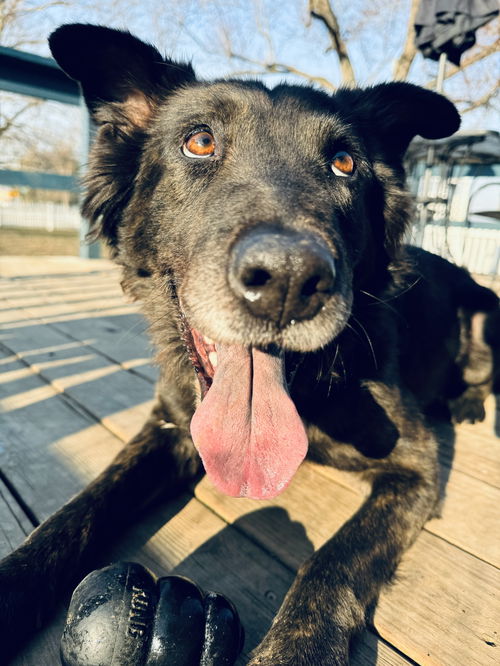Is Spaying /Neutering Really A Big Deal?Four million cats and dogs—about one every eight seconds—are put to death in U.S. shelters each year. According to The Humane Society of The United States, the number of homeless animals varies by state—in some states there are as many as 300,000 homeless animals euthanized annually in animal shelters. Thousands were euthanized last year in Indiana. These are not the offspring of homeless "street" animals—these are the puppies and kittens of cherished family pets and purebreds. Spaying/neutering is a relatively easy and inexpensive way to reduce pet overpopulation, ensuring every pet has a chance to live with a family that loves them. In 2018, 1,100 cats and dogs were spayed or neutered through C.A.R.E.'s low cost spay/neuter clinics. In 2019, over 1,400 cats and dogs were spayed or neutered through C.A.R.E.'s low cost clinic! After 2020 resources for C.A.R.E's low cost clinic were provided back to local municipalities. Scroll to the bottom to find information for local to you low cost clinics. Do you run one that is missing or needs the contact information updated? Please message us at ColumbusCARE@gmail.com Why Should I Care? Spaying or neutering a pet is an important topic for all of us. We all need to understand the impact of this decision. Large numbers of abandoned pets means a high cost to taxpayers and non-profit donors to gather, evaluate, provide treatment, and house or euthanize animals. Abandoned, unvaccinated animals also provide a health risk to our community. What Can I Do? Millions of pet deaths across the United States each year are a needless tragedy. By spaying and neutering your pet, you can be an important part of the solution. Contact your veterinarian or a clinic below to make an appointment to spay or neuter your pet. Be sure to let your family and friends know they should do the same. To further help stop pet overpopulation, consider giving an abandoned pet a forever home. Volunteer your time or donate funds to facilitate humane treatment of abandoned animals. Through collaboration, we can all make a difference! Facts about S&N
Low Cost Clinics:
FACE Clinic Indy Feral This group based in Terre Haute, IN will provide a limited number of coupons each month to help defray the cost of spaying or neutering dogs and cats. These coupons are each worth $30 toward the spay or neuter of an animal. If you need a coupon to be able to afford to spay or neuter a dog or cat, please send a self-addressed stamped envelope along with a short letter about the animal the coupon is for (something personal--male or female, puppy or kitten, etc.), and put your name, address and phone number on the bottom of the letter. Send a picture if you have one. They have several albums now and enjoy sharing pet pictures and success stories. For more info and their mailing address please visit: Spay-Neuter Services of Indiana (SNSI) is dedicated to ending pet overpopulation by educating the public about the benefits of spaying and neutering pets. Visit their website: www.spayneuterservices.org for more information! |
Featured PetEventsNewsDonate{} Newslettercoming soon! |




